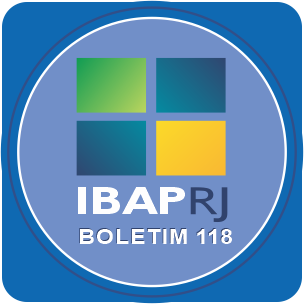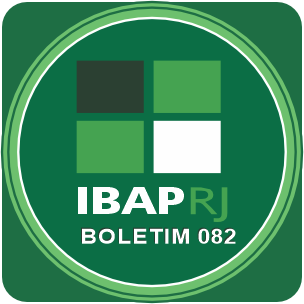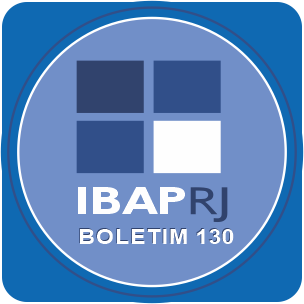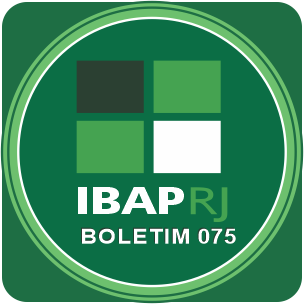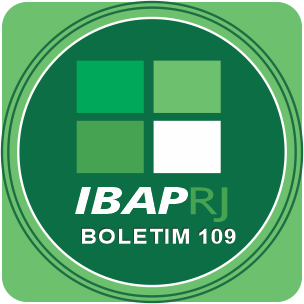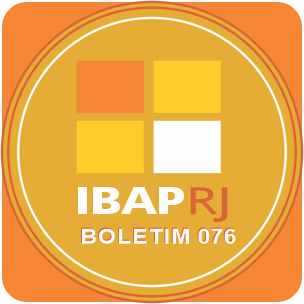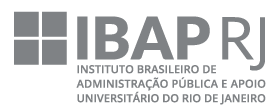This study aims to identify and characterize innovation laboratories in South American governments by employing a comprehensive and exploratory multiple-case study approach. Data were obtained from documentary and bibliographic sources, as well as through structured questionnaires containing both open and closed questions. The collected data were then classified using the content analysis technique. The findings revealed consistencies and peculiarities between the labs, corroborating the extant literature. Specifically, there is a greater prevalence of government labs with a focus on organizational aspects, particularly at the local and regional levels, compared to citizen-oriented labs. Furthermore, these labs primarily serve as educators (77.78%) and innovators/developers (72.22%), with an emphasis on improving services, administrative processes, concepts, and public policies. The presence of innovation labs can facilitate systemic changes within the public sector, enhancing its capacity to deliver efficient and effective solutions to complex problems. Lastly, the study provides an overview of its practical and academic implications, particularly when highlighting the concept of governmental innovation poverty. Additionally, the study acknowledges its inherent limitations and suggests potential avenues for future research.
Leia o artigo de Alessandro Carlos da Silva Junior e Magnus Luiz Emmendoerfer em https://www.scielo.br/j/bar/a/HtbYk369RF67fLzYzBjDvZM/?format=pdf&lang=en

